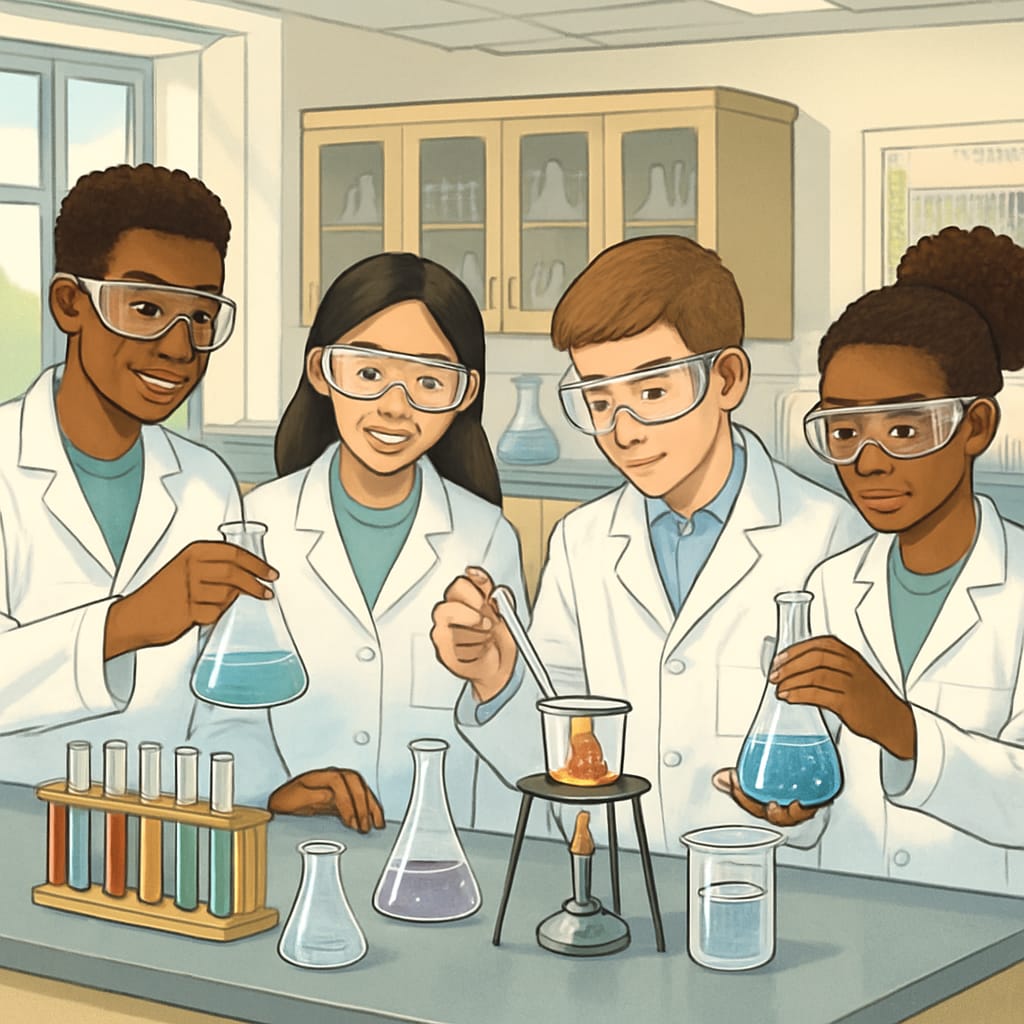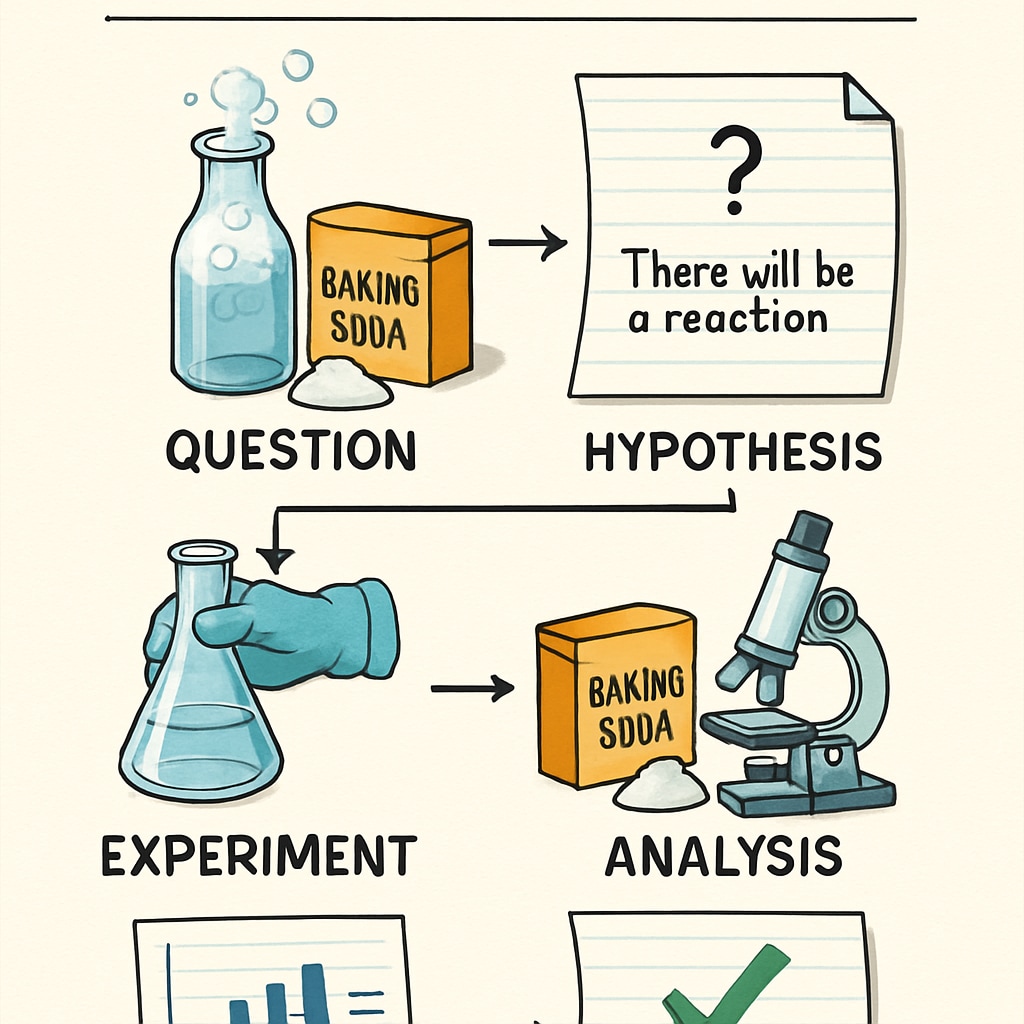Chemistry research, high school projects, and topic selection advice often pose challenges for students beginning their scientific exploration. Selecting the right project requires balancing scientific rigor, available resources, and personal interest. This guide will help you navigate these decisions with confidence.
Identifying Your Research Interests in Chemistry
Before diving into experiments, consider these key factors:
- Personal curiosity: What chemical phenomena fascinate you most?
- Available resources: What equipment and materials can you access?
- Time commitment: How many hours can you dedicate weekly?
- Academic relevance: Does the project align with your coursework?

Practical Approaches to Chemistry Project Selection
The American Chemical Society (ACS) recommends starting with these fundamental categories:
- Environmental chemistry: Study water quality or air pollution
- Food science: Analyze nutritional content or preservation methods
- Materials science: Test properties of different substances
- Green chemistry: Explore sustainable alternatives
For example, you might investigate the effectiveness of natural pH indicators using household items. This approach demonstrates how simple materials can yield valuable scientific insights.
Developing a Research Framework
Successful projects typically follow this structure:
- Clear hypothesis: State what you expect to discover
- Controlled variables: Identify factors to keep constant
- Measurement methods: Determine how to collect data
- Analysis plan: Decide how to interpret results

Remember to consult reliable sources like Science Buddies for project ideas and safety guidelines. Many universities also offer outreach programs that can provide mentorship and equipment access.
Transition tip: When moving between project phases, use markers like “therefore” to connect your reasoning or “however” to address unexpected results. This strengthens your scientific communication.


